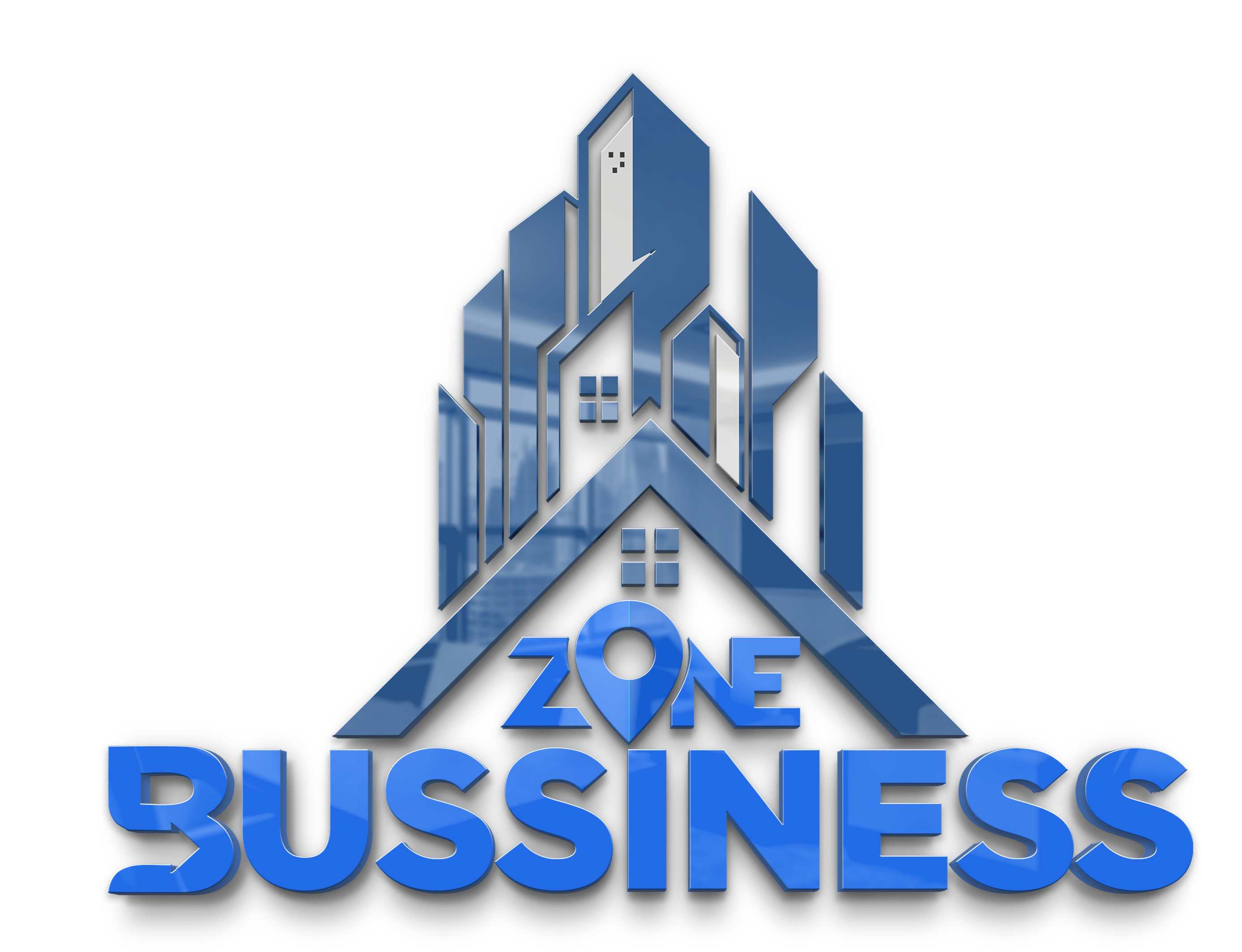Managing rental properties can be both rewarding and challenging, especially for small businesses trying to grow in a competitive market. From tracking rent payments and managing maintenance requests to communicating with tenants and handling accounting, property management involves numerous tasks that demand time, organization, and efficiency. This is where technology comes into play—specifically, the best property management software for small business.
Choosing the right software can streamline operations, improve tenant satisfaction, and help you scale your business without getting overwhelmed. In this article, we will explore why property management software is essential, the key features to look for, and some of the top options available today.
Why Small Businesses Need Property Management Software
Small business owners often wear multiple hats, from leasing agent to maintenance coordinator to accountant. Without a centralized system, juggling these roles can lead to errors, missed deadlines, and dissatisfied tenants. Property management software simplifies day-to-day operations by automating many time-consuming tasks and providing easy access to important information.
Here’s why investing in the best property management software for small business is a smart move:
- Efficiency: Automation reduces manual work, freeing up time to focus on growing your business.
- Accuracy: Automated rent collection, accounting, and maintenance tracking reduce human error.
- Professionalism: Offering online portals for tenants enhances your company’s image.
- Compliance: Many programs help ensure legal compliance with local, state, and federal regulations.
- Scalability: Good software grows with your business, handling more units and tenants without extra stress.
Key Features to Look for in Property Management Software
Not all property management software is created equal. To find the best fit for your small business, look for these essential features:
1. Online Rent Collection
Allow tenants to pay rent online via credit card, ACH, or bank transfer. Automatic payment reminders and tracking are invaluable for maintaining cash flow.
2. Tenant Screening
Built-in screening tools that check credit history, criminal background, and eviction records can help you select reliable tenants.
3. Maintenance Management
Tenants should be able to submit maintenance requests through an online portal. You should be able to assign tasks to vendors and track progress easily.
4. Accounting and Reporting
Look for software that offers built-in accounting tools, including tracking income and expenses, generating reports, and handling tax documentation.
5. Communication Tools
An effective communication system allows you to send mass announcements, lease renewals, or important notices to tenants effortlessly.
6. Mobile Access
Cloud-based software with a mobile app or responsive design ensures you can manage your properties anytime, anywhere.
7. Document Storage
Store leases, inspection reports, and other important documents securely within the software.
Choosing software that incorporates these features will ensure that your investment truly enhances your operations.
Top Picks: Best Property Management Software for Small Business
Here are some top-rated options that many small businesses trust:
1. Buildium
Buildium is highly regarded for its user-friendly interface and robust functionality. It offers online rent payments, maintenance request management, accounting, and tenant screening.
Pros:
- Comprehensive features
- Excellent customer support
- Scalable as you grow
Cons:
- Slightly higher price point for very small portfolios
2. AppFolio Property Manager
AppFolio is a powerful tool suitable for both residential and commercial properties. It includes features like online payments, marketing tools, and detailed accounting.
Pros:
- Mobile app for on-the-go management
- Great for portfolios of 50+ units
Cons:
- May be more expensive for very small landlords
3. TenantCloud
Perfect for landlords managing fewer properties, TenantCloud offers a free basic plan and affordable paid options. It provides tenant screening, online rent collection, and maintenance management.
Pros:
- Free option available
- Intuitive dashboard
- Flexible pricing
Cons:
- Limited advanced features in the free plan
4. Avail
Avail specializes in small landlords and offers everything from rent collection to lease management. It’s an excellent option for those looking to automate processes without a steep learning curve.
Pros:
- Affordable
- Easy to use
- Good support for tenant screening
Cons:
- Some features cost extra
5. Rentec Direct
This software offers robust accounting features, tenant screening, and marketing tools. It’s a great option for those who prioritize detailed financial tracking.
Pros:
- Strong accounting capabilities
- Great customer support
- Affordable for small businesses
Cons:
- Interface could be more modern
Each of these options offers unique strengths, and the best property management software for small business depends on your specific needs and budget.
Tips for Choosing the Right Software
Selecting the perfect software is critical. Here are a few tips to help guide your decision:
- Identify Your Needs: Make a list of must-have features based on your current challenges.
- Try Before You Buy: Most providers offer free trials—take advantage of them!
- Consider Scalability: Choose a program that can grow with your portfolio.
- Check Reviews: Look at user reviews to gauge reliability and customer support quality.
- Evaluate Cost vs. Value: The cheapest option isn’t always the best. Focus on ROI.
Spending a little extra for better functionality can save you headaches—and money—down the line.
The Future of Property Management Software
The real estate management industry is rapidly evolving, and so is the technology that supports it. Expect future developments like:
- AI-Driven Insights: Advanced analytics to predict maintenance needs and optimize rent pricing.
- Smart Integrations: Seamless connectivity with IoT devices like smart locks and thermostats.
- Enhanced Security: Blockchain-based record keeping and enhanced tenant privacy protections.
- Automated Marketing: Tools that automatically list vacant units across multiple platforms.
Staying ahead by adopting the best property management software for small business today ensures that you’ll be ready to take advantage of tomorrow’s innovations.
Conclusion
Running a successful property management business as a small business owner is no small feat. The right software can significantly ease the burden, streamline your operations, and set you up for sustainable growth. Whether you’re managing a handful of units or looking to expand your portfolio, choosing the best property management software for small businesses is a decision that will pay off both in the short term and for years to come.
Take the time to evaluate your needs, test different platforms, and invest in the solution that aligns best with your business goals. With the right tools in place, you’ll be well on your way to managing your properties more efficiently—and profitably—than ever before.

